While I'm a fairly dedicated winter angler the past few weeks made it difficult to get excited about hitting the water. The thermometer has stuck close to the single digits lately and I don't recall the last time it was above freezing. Most rivers and streams are locked solid and even the tailwaters are struggling to run free. If I wanted this sort of weather I'd live up in some mountain valley in Colorado. Sitting in western Connecticut it shouldn't feel like the Rockies but it does. Except without the mountains and the legal pot.
While I consider my glass half empty situation I scan the news sites which, given my mood, only serves to destroy hope. From West Virginia to Montana industry seems hidebound to poison our waters. Another oil pipeline has burst, this one full of Canadian oil, fouling the Yellowstone River and drinking water in a season that foils clean-up efforts. Bakken oil filled tanker cars have finished exploding but not burning along the banks of the befouled Kanawha River. It seems there's no reliably safe way to transport the stuff.
Downstream folks fret about water quality, not for fish, but for drinking. After the insanity of the Elk River MCHM spill in January 2014 people have become wary of assertions by companies that water is safe to drink after it's been fouled by a chemical. Sure the chemical levels are "barely traceable" but does that mean it's safe? Most of these chemicals haven't been tested for health impacts on humans so there's a bit of a question mark as to what exposure level is considered safe.
Clean water is taken for granted. We turn the faucet and expect that what comes out will be healthy for us to consume. I don't think too many people make a connection between what they're seeing come from the faucet and it's source. To trace water back to it's ultimate source, all you have to do is stand outside on a rainy day. In order for that water to make it's way to the faucet it will go on an amazing journey, a journey that may include a storm drain, a small creek or even that marsh down the street that a developer wants to fill in for housing.
Eighty-six percent of people in the U.S. get their water from public water supplies. About a third of that supply comes from groundwater via public wells. The other two thirds is from surface water - rivers and impoundments on rivers. And those rivers get their water from smaller rivers and smaller streams and so on until it's just water falling from the sky. And some of that water washes by facilities like those owned by Freedom Industries in West Virginia or by Bridger's Pipeline in Montana.
With the debate about fracking, there's been a whole lot of focus on the quality of water in wells lately but those impacts are generally localized and invisible on a national level. To some I suppose the fracking hubbub sounds like a bunch of shrill whining. Some would say that America's freedom is at stake and if energy independence comes at the price of some bad water and dead streams, so be it. It worked for the mining industry, why not the drilling industry?
But those shrill voices seem to resonate a whole lot more when events are not localized and dozens of inconvenienced people becomes thousands, tens of thousands, hundreds of thousands. Clean water becomes a whole lot more important because it is a whole lot more important.
It's very popular in certain political circles to say that the EPA isn't needed, that smaller government is the answer for everything. I agree that we're spending more than we take in and I'd like my tax situation to be different. But there are places that I'm not willing to compromise; clean water is one of those places.
Events like the one in Charleston, West Virginia and Glendive, Montana are not accidents. They are the logical conclusion of a series of events put in place by us. We elect folks to office and demand that they do certain things, like create a climate where doing business is easy. Further, we demand that we not be constrained by onerous regulations. We demand freedom and liberty and all the other things that make for amusing Facebook memes and witty political repartee. And we get exactly what we ask for. We deserve better.
We need to continue to strengthen the regulation and enforcement of laws that pertain to clean water on the local, state and federal levels. And we each need to take personal responsibility for doing so. It is easy to blame such conditions on politicians and political bodies. But at the end of the day it is the personal responsibility of each of us to make our voices heard in the discussion.
If you haven't written your local, state and federal political leaders on this topic, you should. And you shouldn't let them get away with savaging agencies like the EPA to score political points. It's the EPA which is solely charged with keeping water clean. If you kill the EPA, you turn the responsibility for clean water over to companies like Freedom Industries, Bridger and Exxon. And then it'll be no mystery who's poisoning the water and killing the fish. It'll be the person in the mirror.





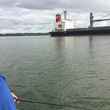







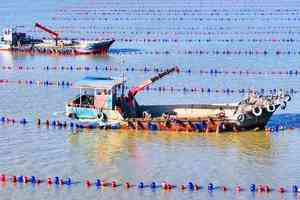







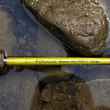




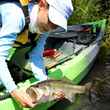

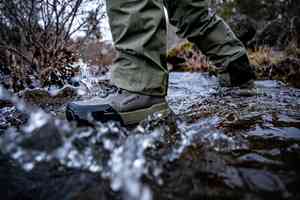
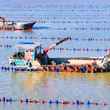

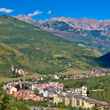
Comments
Todd Tanner replied on Permalink
Amen.
Steve Rudolf replied on Permalink
Great article couldn't agree more. Along similiar lines for an unpopular President Mr. Obama is setting aside a lot of National Monuments. This has to help with clean water and trout.
Pages